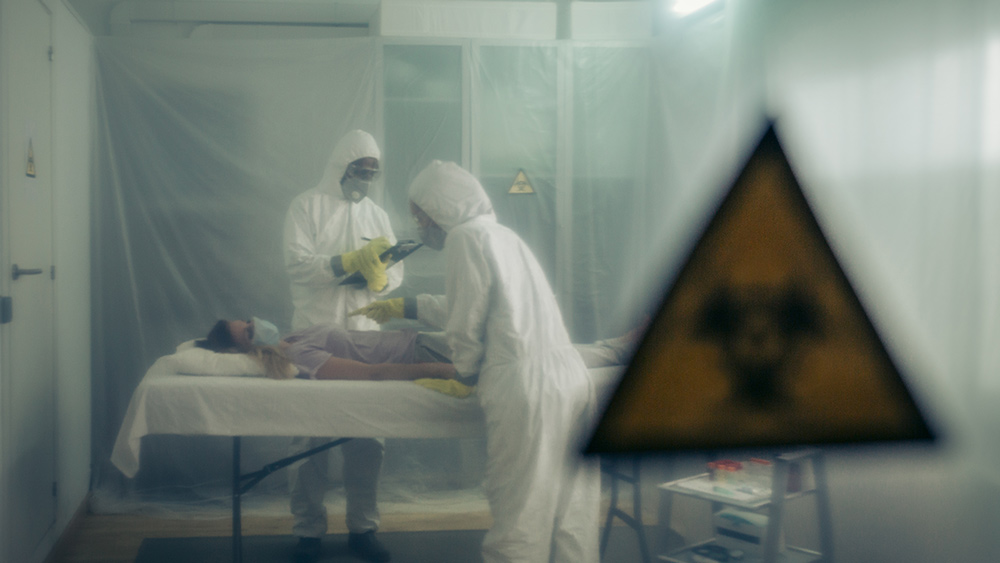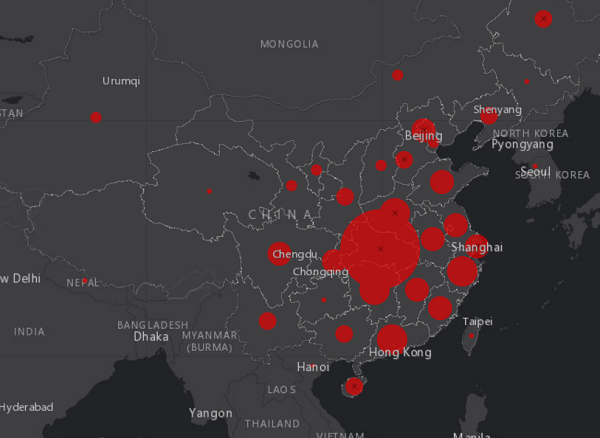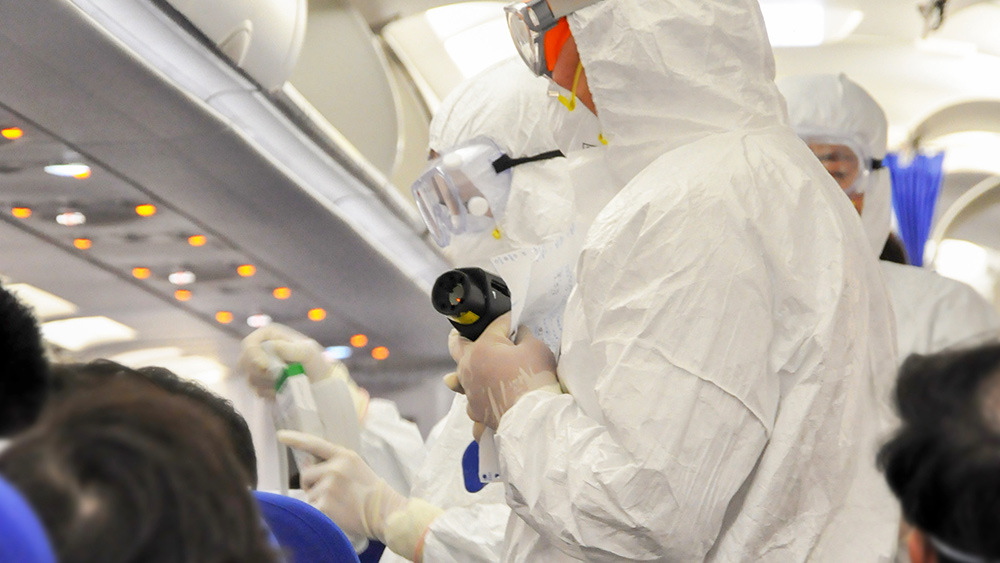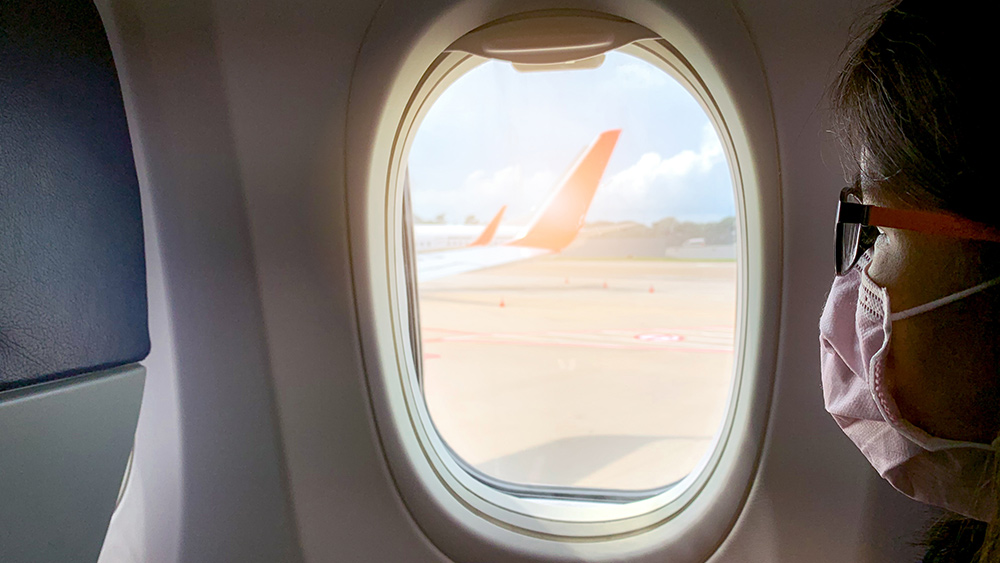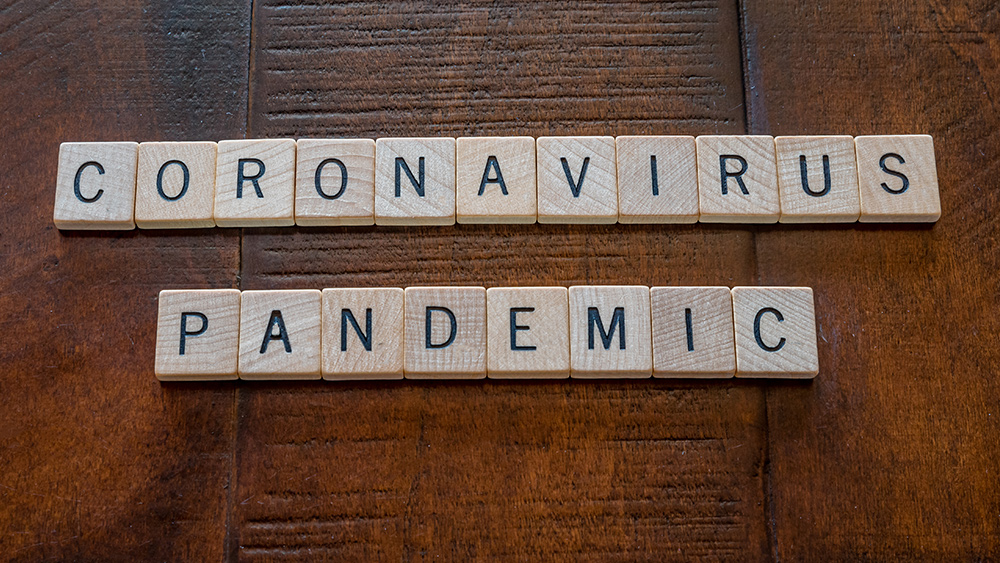A traveler from China just brought the new Coronavirus to Seattle
01/25/2020 / By Ethan Huff

The United States Centers for Disease Control and Prevention (CDC) has officially confirmed the first known case of Wuhan Coronavirus within our nation’s borders.
Reports indicate that a traveler who had just returned to Seattle, Washington, after visiting Wuhan, China, where authorities claim the current Coronavirus outbreak originated, had to be hospitalized for what appeared to be a bout of pneumonia. This individual was later diagnosed with Coronavirus – and the CDC is warning that this is only the beginning.
As Coronavirus continues to spread across China, as well as into Japan, South Korea, Thailand and Taiwan, the fear here is that it will also ravage the West, which the CDC seems to think is inevitable.
As of this writing, at least 17 people have died from Coronavirus and more than 500 others have been confirmed as being infected. Travel advisories are being issued in several other countries, but the U.S. has yet to take action.
Airline stock has plummeted in response to the news, with Delta dropping 3.50 percent, United Airlines dropping 3.20 percent, Southwest Airlines dropping 1.5 percent, and American Airlines dropping 2.50 percent.
A number of resort stocks, including Wynn Resorts, Las Vegas Sands Corp., and MGM Resorts International also dropped, as investors are sensing that travel both here and abroad is likely to decline as Coronavirus continues to spread.
College professor says Coronavirus could become like the Spanish flu pandemic that killed 50 million people
This whole Coronavirus situation is eerily reminiscent of what took place back in 2002-03 with the infamous SARS scare, which many believed would create a global pandemic. However, since this never actually materialized, it’s now Coronavirus that’s on everybody’s minds.
Professor Neil Ferguson from Imperial College London, recently warned that Coronavirus could become like the Spanish flu pandemic that killed 50 million people – this being the deadliest pandemic in history.
“This [2019-nCoV’s death rate] could be two percent, similar to Spanish flu,” Ferguson told the media, explaining that this two percent figure translates as one out of every 50 people who contract Coronavirus dying from the disease.
“Novel viruses spread much faster because we have no immunity,” he further contends.
What the Coronavirus does is cause victims to develop pneumonia, a respiratory infection that causes the alveoli, or air sacs, within the lungs to become inflamed and filled with fluid or pus.
Consequently, pneumonia sufferers have difficulty drawing air inside their lungs, which in turn results in reduced oxygen supplies in their bloodstreams. And if left to run their course, such symptoms will eventually kill pneumonia patients.
“Without treatment, the end is inevitable,” says the charity group Médecins Sans Frontières about the seriousness of a pneumonia infection. “Deaths occur because of asphyxiation.”
Most causes of pneumonia are bacterial, according to Professor Peter Horby from the University of Oxford, which means there are treatments readily available to combat it. But because Coronavirus is viral, there’s no known remedy for it.
“With viral pneumonia, care is ‘supportive,'” Horby is quoted as saying – you can read between the lines on this one.
The current Coronavirus outbreak is believed to have started at the Huanan Seafood Market in Wuhan, which up until a few days ago was reportedly selling all sorts of “exotic” wildlife as food, including wolf puppies, civets, live foxes, crocodiles, snakes, rats, porcupines, peacocks, and at least 100 other unusual animals.
“Freshly slaughtered, frozen and delivered to your door,” reads one of the price lists posted by a vendor who sold such items at this market. “Wild Game Animal Husbandry for the Masses,” it goes on to read.
To keep up with the latest Coronavirus news, be sure to check out Outbreak.news.
Sources for this article include:
Tagged Under: 2019-nCoV, airlines, China, coronavirus, infectious disease, outbreak, pandemic, Pneumonia, Seattle, Spanish flu, viral, virus, Wuhan

